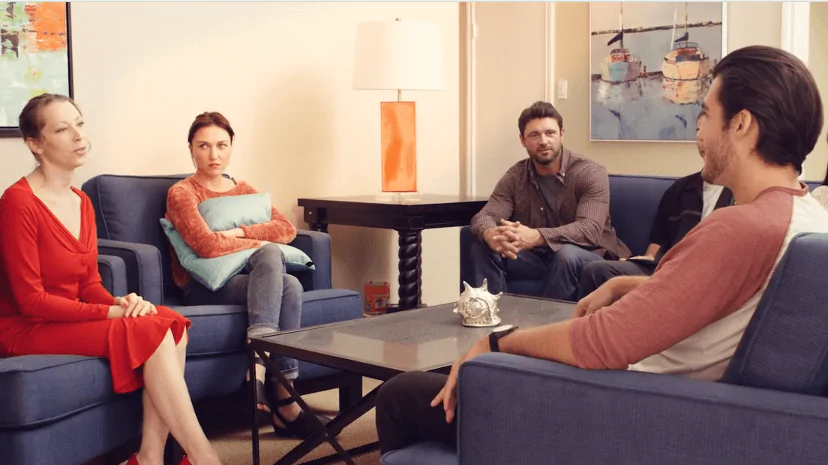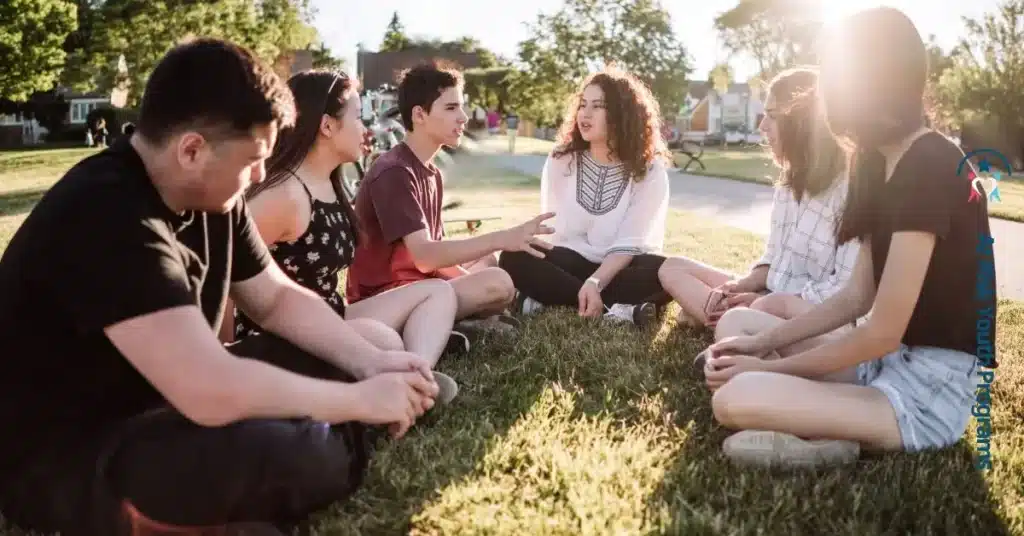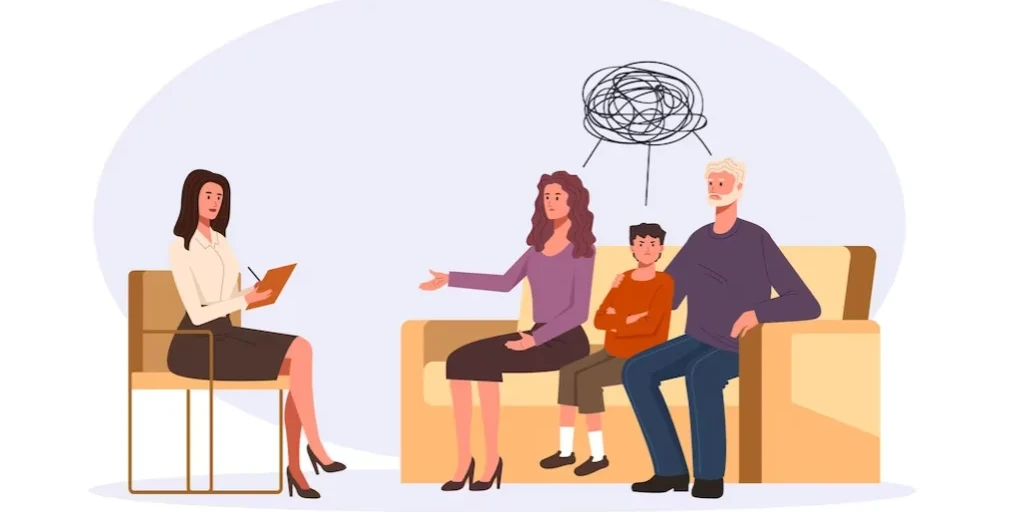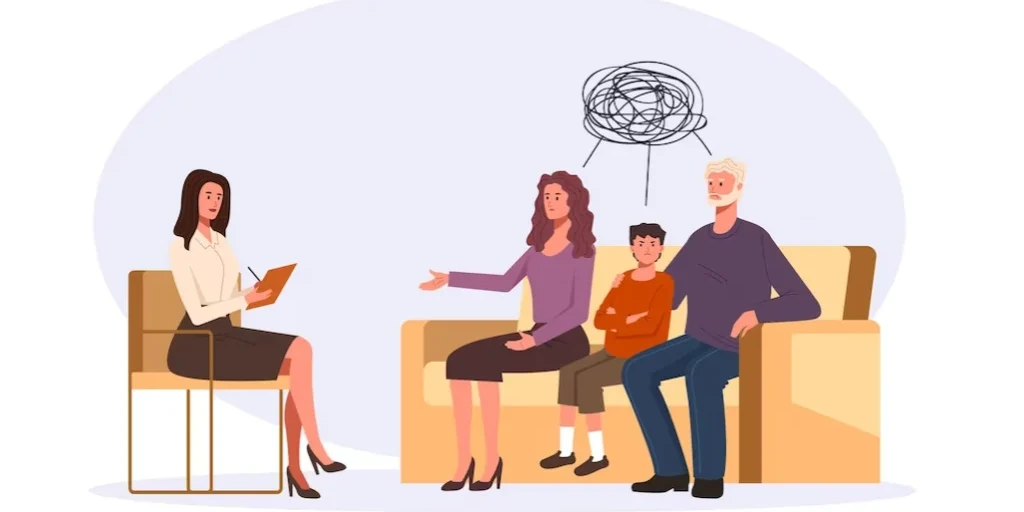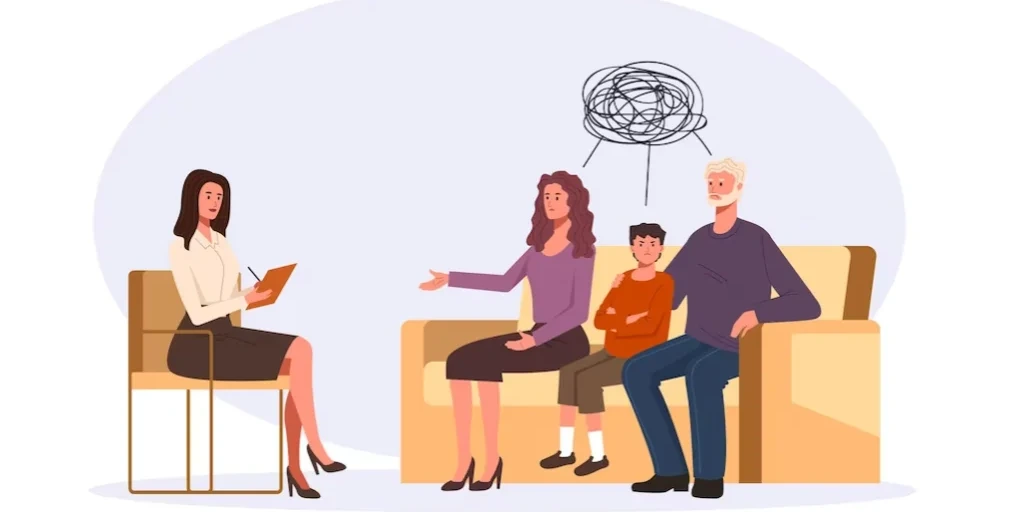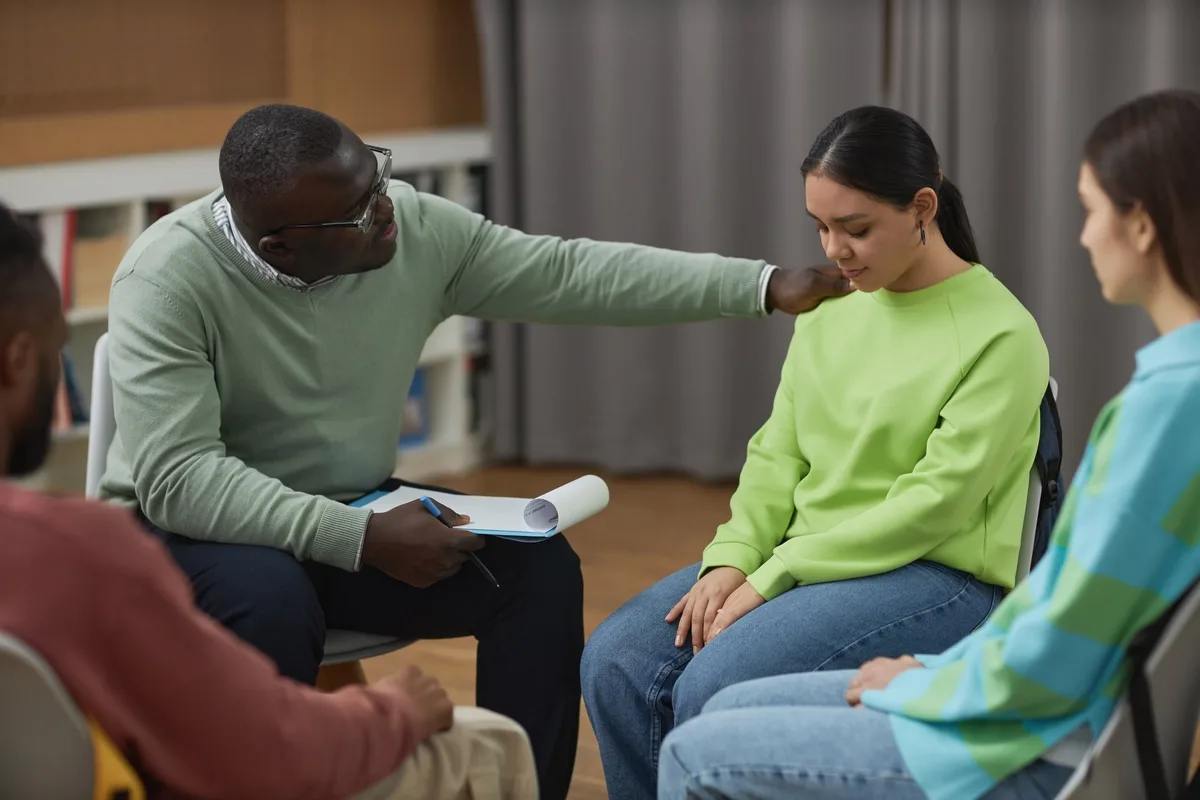centers in
, West Virginia play a crucial role in addressing the growing crisis of drug and alcohol addiction that has impacted countless lives in this community. Nestled within the scenic landscapes of Raleigh County, Shady Spring is a small yet vibrant town characterized by its natural beauty and warm-hearted residents. With a population of approximately 1,500, the area offers a tight-knit community atmosphere. However, like many areas across the United States, Shady Spring is not immune to the challenges posed by substance abuse. The opioid epidemic, along with increasing rates of alcohol dependency, has made it imperative for the town to have accessible and effective addiction treatment options. People facing addiction in Shady Spring often struggle not just with personal health but also with the stigma and barriers to receiving help. This is where
centers become essential, providing tailored programs and support to help individuals reclaim their lives. These facilities offer various treatment modalities, from detoxification to counseling and support groups, all aimed at promoting recovery and fostering resilience against relapse. Historically, Shady Spring has also witnessed significant changes leading to a rise in substance-related issues, fueled by socio-economic factors and limited access to healthcare. Therefore, the significance of local
options cannot be overstated. They serve not only as a haven for healing but also as a source of hope for families and communities seeking to overcome the damages wrought by addiction. For those in need, learning about the available addiction treatment resources in Shady Spring, West Virginia can be the first step towards a healthier, more fulfilling life.Addiction treatment, drug and alcohol rehab centers are also available in
Raleigh
One can also look for
, or browse through
.
Learn more about

















































































































































